Nuclear power: Port Augusta earmarked in Coalition policy to replace coal-fired generator
The site of an old SA coal-fired power station has been earmarked for a nuclear reactor under a Coalition clean energy plan.
A nuclear power station is being earmarked for Port Augusta to replace a prematurely shuttered coal-fired plant under Coalition energy policy, in a direct challenge to South Australia’s world-leading renewables embrace.
Senior Liberals have told The Advertiser the Upper Spencer Gulf city was “the obvious option” for a nuclear reactor, because substantial electricity grid connections remained after the 2016 closure of the 520MW Northern Power Station.
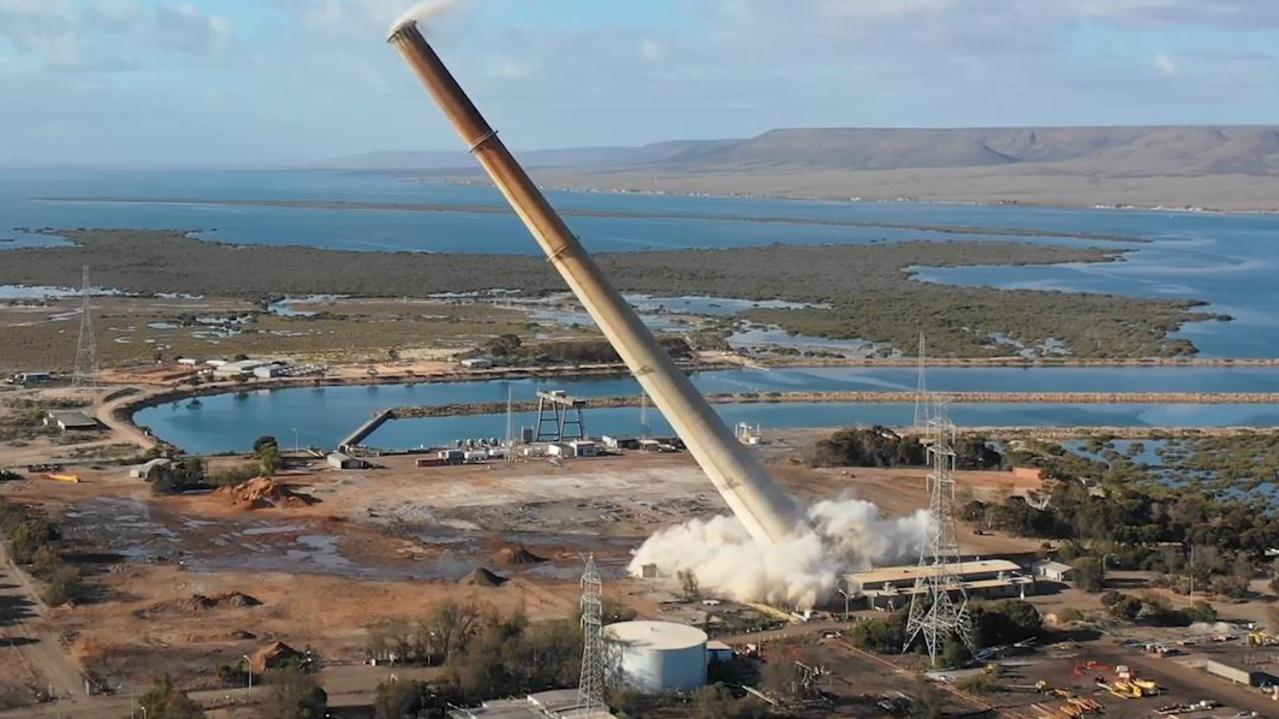
HAVE YOUR SAY IN THE COMMENTS BELOW
The nuclear power push was boosted by an energy economist who costed key state Labor projects complaining about its price was “insanity”, because International Energy Agency studies showed nuclear power was cheaper than solar and wind.
Opposition Leader Peter Dutton wants to legalise nuclear power, overturning a late 1990s ban, and have the first large-scale plant running by the 2030s. A policy release is planned before the May federal budget.
Sites for five or six nuclear power stations across Australia, in NSW, Victoria and beyond, are poised to be announced by the Opposition in a policy designed to replace retiring coal-fired plants.
Prime Minister Anthony Albanese and Premier Peter Malinauskas have repeatedly dismissed nuclear as uneconomic for Australia, although the Premier in late 2022 said building at least eight nuclear-powered submarines under the AUKUS pact would demonstrate safety concerns were based on decades-old sentiment.
But Frontier Economics managing director Danny Price, who played a key role in costings for state Labor’s $593m hydrogen power plant and the “big battery” delivered by Elon Musk, urged an overturning of a nuclear ban so it could be part of the Australian energy mix.
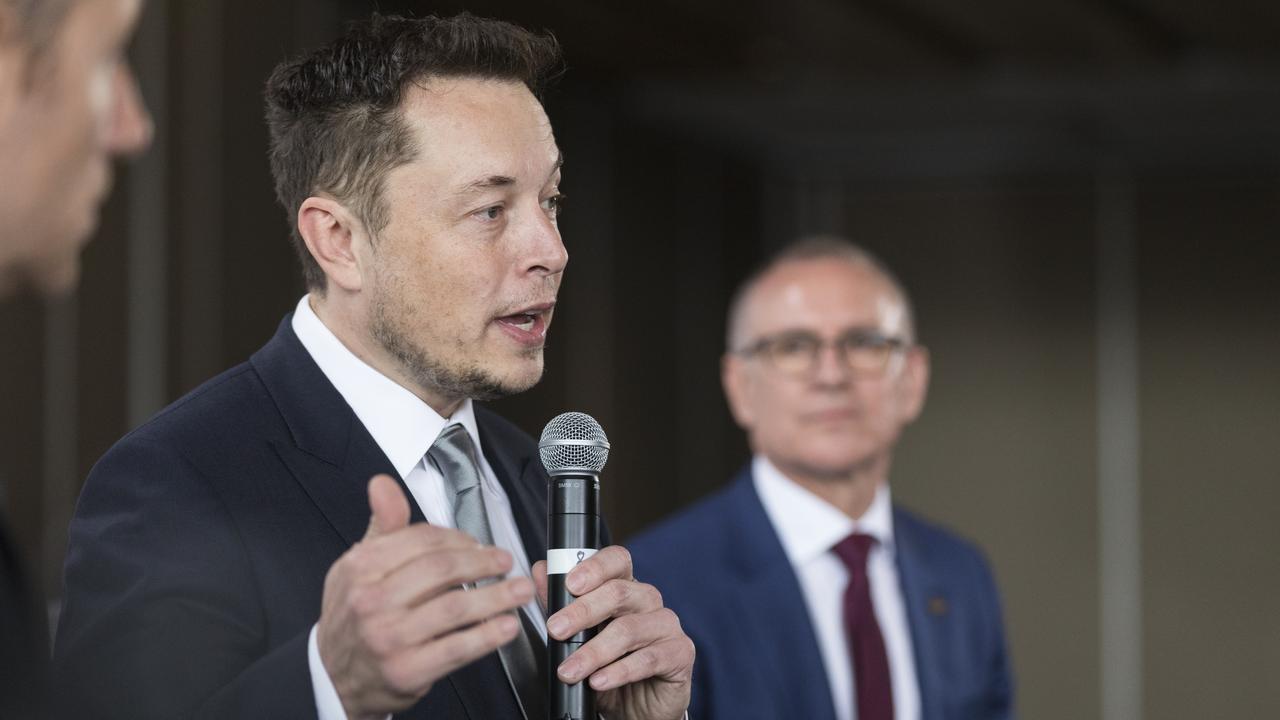
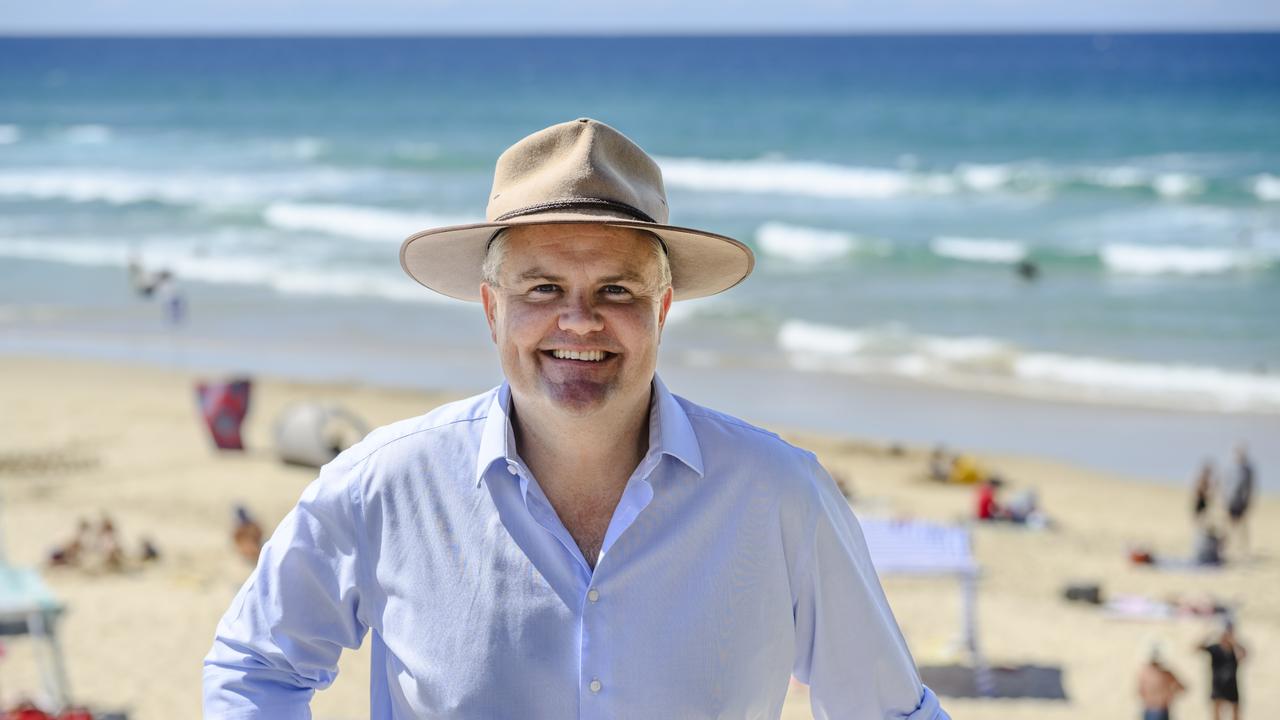
Federal opposition climate change and energy spokesman Ted O’Brien said: “While we are yet to announce potential host communities, our coal-to-nuclear strategy aims to leverage existing infrastructure and the benefits of working with high energy-IQ local communities.
“We envisage zero-emissions nuclear energy as part of a balanced mix of technologies, including renewables and gas, to get prices down and keep the lights on as we decarbonise.
“I don’t know if it’s due to the state’s track record with clean energy, its abundance of uranium or its role in AUKUS, but I find South Australians just seem to ‘get it’ when it comes to the case for Australia embracing nuclear technology.”
Mr Price said a comprehensive International Energy Agency study of about 25 countries’ nuclear power plants showed a cost between $100 and$120 per megawatt hour to produce electricity. Rooftop solar panels were about 80 per cent more expensive than nuclear.
“So here we are, busily subsidising very expensive on-roof solar PV, which is way more expensive than nuclear and we’re complaining about nuclear power. I mean, it’s insanity,” he said.
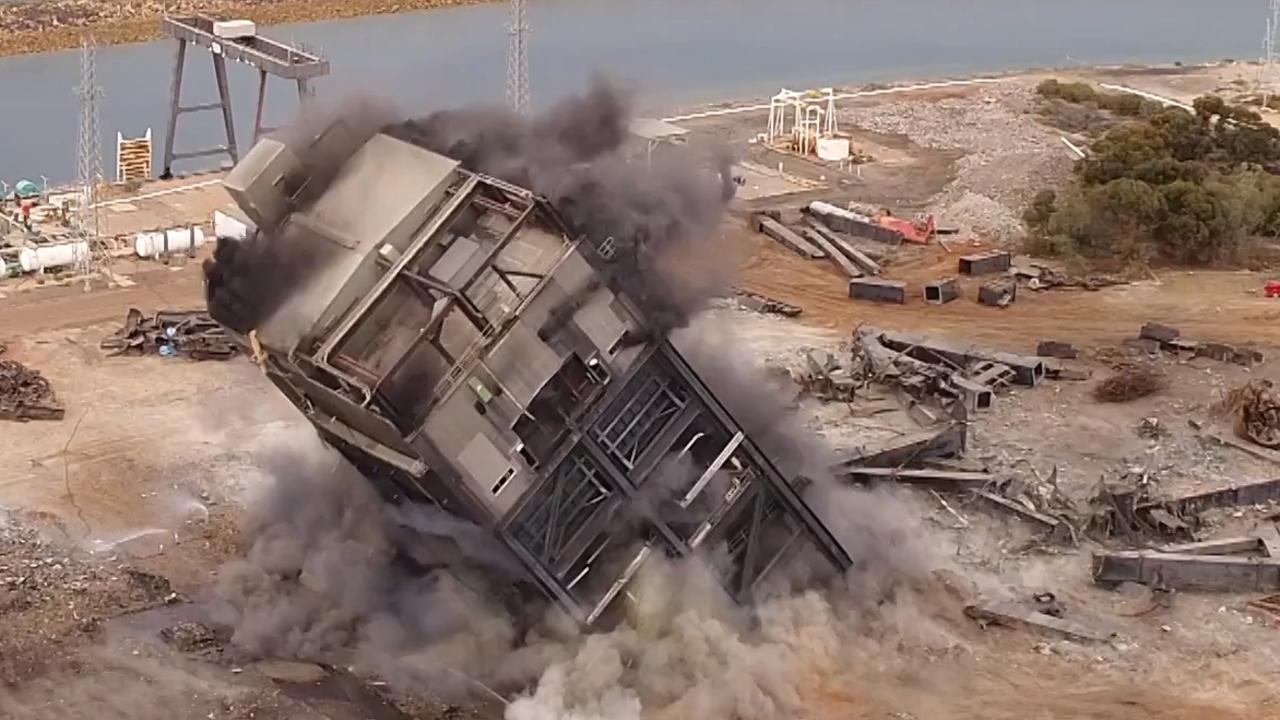
Mr Price said solar and wind farms’ cost was up to about $150 per megawatt hour, because they needed to be about three times bigger than their base $40-$50 per megawatt hour cost to ensure reliable generation, “so that’s way more expensive than nuclear”.
“You should be very wary of making cost comparisons between, say, the cost of a wind farm or a solar farm, which might be between $40 or $50 a megawatt hour, because they only produce about a third of the time,” Mr Price said.
“So, to get the same reliability, security, you have to build two, two-and-a-half, three times as much capacity in wind and solar, plus you have to firm it (ensure enough energy is always available).”
A ban on nuclear was “a hangover from the ‘70s” which had to stop, he said, because both sides of politics had weaponised the issue.
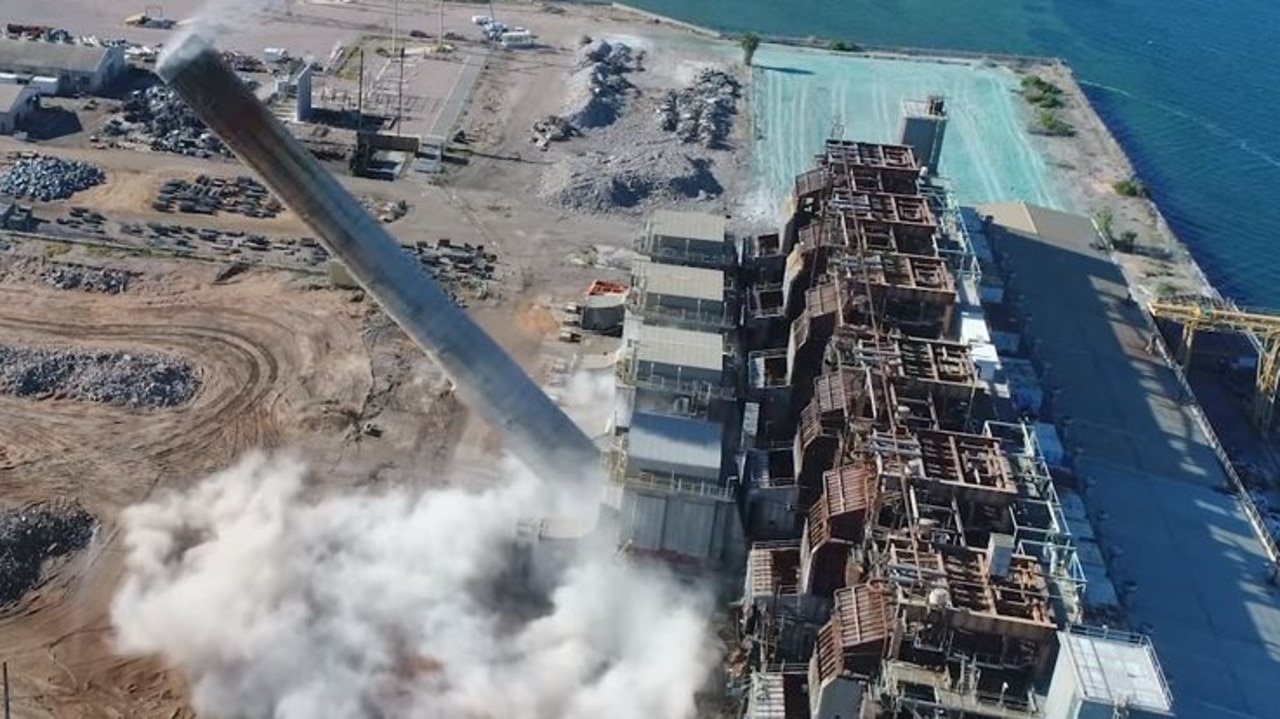
“It means that we’re going to be relegated to technological prescriptionists. The real danger of that is it’s then in the hands of politicians what technology is going to be put in place, and you go, well: ‘Who trusts a politician to make a decision like that?’,” Mr Price said.
Asked in Port Augusta on February 27 why his clean energy plans did not capitalise on the world’s largest uranium resource at Olympic Dam, Mr Malinauskas said nuclear power could help decarbonise the world, but ruled it out as he accelerated the state’s 100 per cent renewables net electricity generation target from 2030 to 2027.
Mr Malinauskas said this was “all about price”, which did not stack up for Australia.
State Opposition Leader David Speirs last August said small modular nuclear reactors costing in the “low billions” should be considered for SA.



